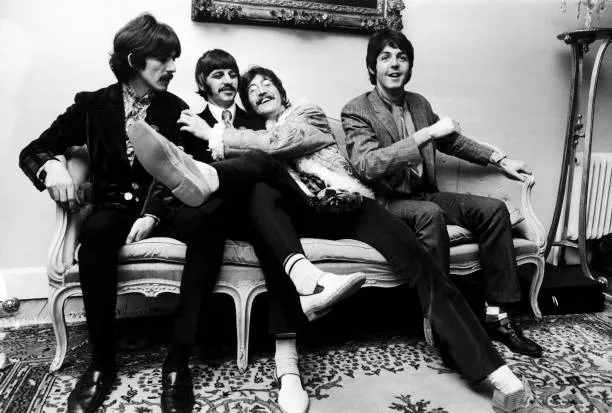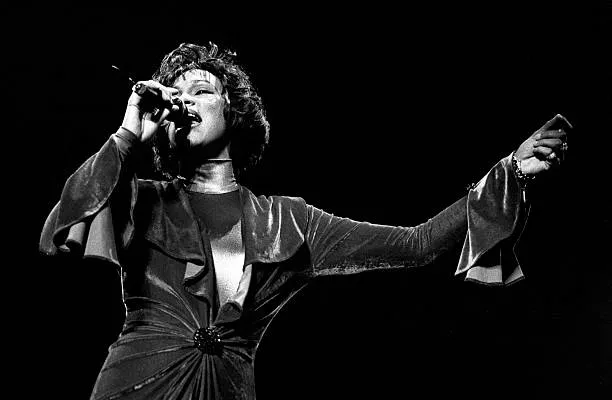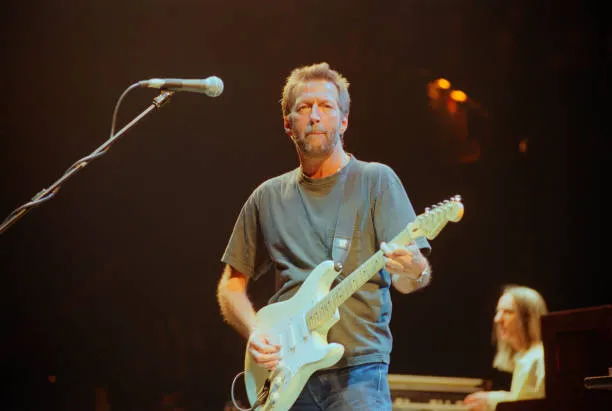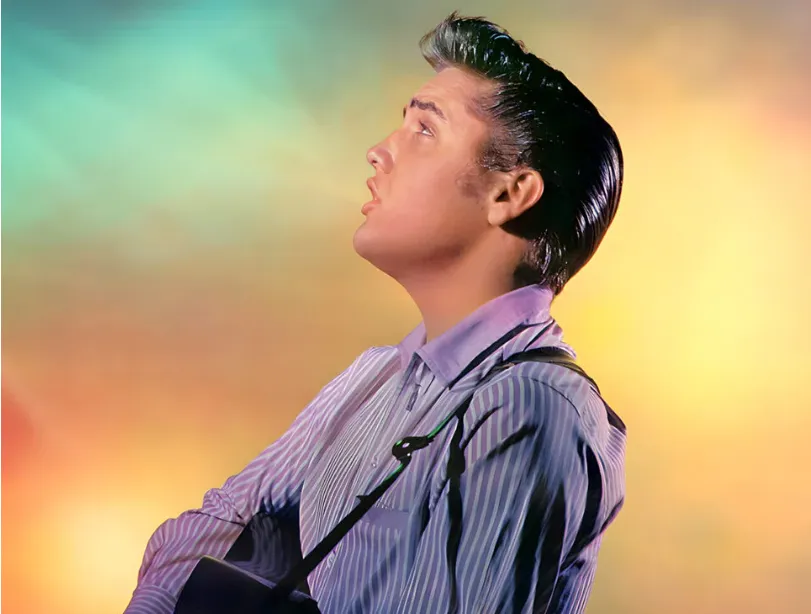Eric Clapton's influence extends beyond his music to the very instruments he plays. His preferences and feedback have led to the creation of some of the most sought-after guitars in the industry, influencing both manufacturers and players alike.
The Blackie Stratocaster:

One of Clapton's most famous guitars was "Blackie," a custom-built Fender Stratocaster he assembled from parts of several 1950s Strats. This guitar was Clapton's main instrument throughout the 1970s and early 1980s, helping to define his signature sound during this period.
Fender Eric Clapton Stratocaster:
In 1988, Fender introduced the Eric Clapton Signature Stratocaster, one of the first artist signature models from the company. This guitar features a unique "soft V" neck profile, active mid-boost circuit, and Fender Noiseless pickups, all designed to Clapton's specifications.
Martin Eric Clapton Acoustics:
Clapton's influence extends to acoustic guitars as well. Martin Guitar has produced several Eric Clapton signature models, including the 000-28EC and 000-45EC. These guitars feature vintage-inspired designs with modern playability, reflecting Clapton's appreciation for traditional craftsmanship.

Gibson and Epiphone Models:
While less common, Clapton has also had signature models with Gibson, including a limited edition recreation of the famous "Fool" SG he played in Cream. Epiphone has produced more affordable versions of Clapton-associated guitars, like the Casino model.
Influence on Amplification:
Clapton's tone isn't just about guitars. His use of Marshall amplifiers in the 1960s helped popularize the "British" rock sound. Later, his preference for Fender amplifiers, particularly the '57 Twin-Amp, influenced the vintage amp market.

Effects Pedals:
While known for a relatively simple effects setup, Clapton's use of certain pedals has influenced their popularity. The Vox wah-wah pedal and the Dallas Rangemaster treble booster became closely associated with his sound, leading to increased demand for these and similar effects.
Impact on Vintage Market:
Clapton's use of vintage instruments has significantly influenced the collector's market. His preference for pre-CBS Fender Stratocasters and 1950s-era Gibsons has contributed to the desirability and value of these instruments.

Custom Shop Creations:
Both Fender and Gibson have created numerous limited-edition Custom Shop models based on Clapton's instruments. These high-end reproductions allow fans and collectors to own meticulously crafted versions of Clapton's most famous guitars.
Educational Impact:
The availability of Clapton signature instruments has had an educational impact, allowing students and fans to study and emulate his playing style on guitars with similar specifications to those he uses.

Conclusion:
Eric Clapton's influence on guitar design and manufacturing is a testament to his importance in the world of rock music. His collaborations with major guitar brands have resulted in instruments that not only capture his signature sound but also push forward guitar technology. From his early modifications to his current signature models, Clapton has played a significant role in shaping the tools of rock and blues guitar. His impact ensures that future generations of guitarists will continue to be inspired by both his music and the instruments he helped create.



